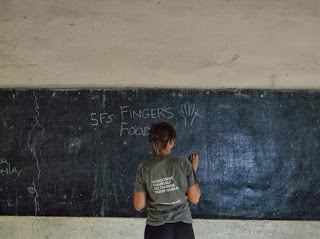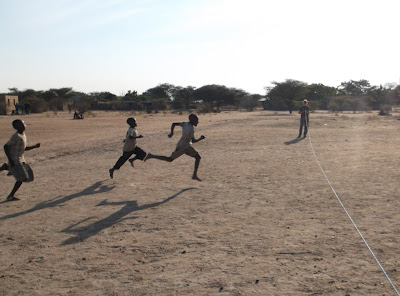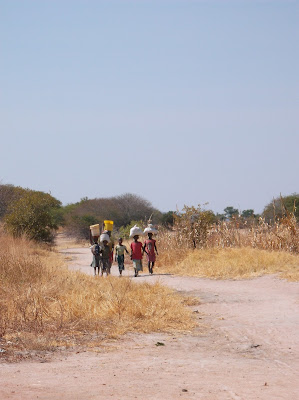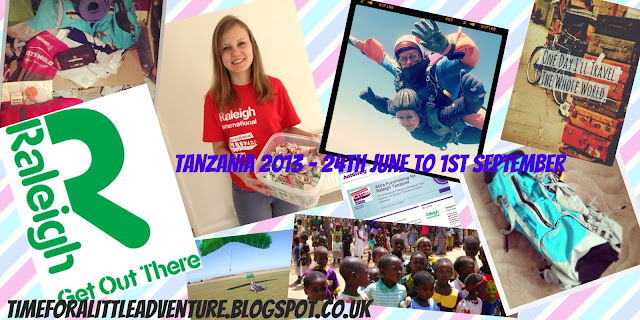In the second phase of my 10
weeks in Tanzania, we started a secondary project of our choosing. As I’ve mentioned
in a previous post, we decided to paint a room in the Secondary school in order
to make a study space for the children.
We decided upon this after it
became clear from our action research that the school children saw having a
library and books as key to fulfilling their learning potential. We undertook
Action Research in the first few weeks in Tanzania which included doing
questionnaires in the community on their access to water and sanitation. We
also did a session in the school in which we asked the children to draw their
model Secondary school and write about what was needed in their school to
maximise their potential.
A common theme was a library and
books, and although we could not provide enough books to fill a whole library
we decided upon creating a study space. Our aim was to give the children a nice
space to work in when they did not have lessons, particularly because we often
saw them still at school once school had finished. During the mid-term review,
we had to pitch our idea to Raleigh people, and fortunately we were given
enough money not only for paint but also for some books to go in the room.
 We then got to work and painted
quotes, the world map and our hand washing song, with the help of a couple of
students.
We then got to work and painted
quotes, the world map and our hand washing song, with the help of a couple of
students.  |
| We even used tooth picks to outline the map. Now that's dedication! |
In our last week we had an
opening at the school where some students who helped us paint cut some danger
tape to officially open the study room.
 |
| With the books that we will able to provide for the study room |
 |
| Lusajo making a speech before the danger tape was cut |
 |
| The children enjoying their new books for the first time |
 |
| BEFORE |
 |
| AFTER |
 |
| BEFORE |
 |
| AFTER - the school motto and our hand washing song |
































